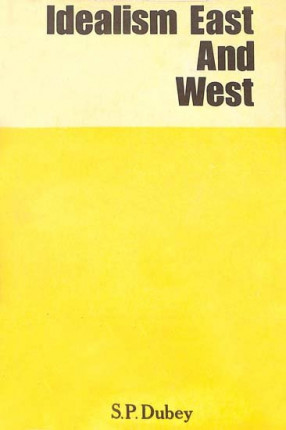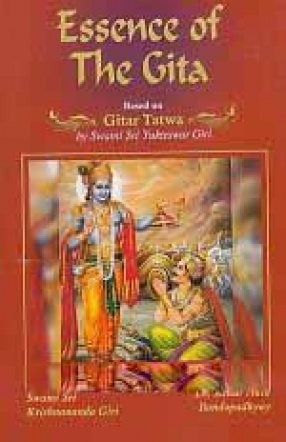Idealism East and West
Idealism is a dominating philosophical approach to Reality. Beginning with the Vedic seers, Chinese thinkers and Greek scholars, the trend of absolutistic idealism has continued till the present day and will tend to attract the cultured people all over the world as long as man cherishes higher spiritual values. Acarya Sankara and Francis Herbert Bradley are the two of the most outstanding figures in the history of absolute idealism in the East and the West. Both of them, although belonging to the generations eleven hundred years apart and at a distance of several thousand miles, agree on several points inspite of their specific disagreements. The present work is an attempt to compare the two exponents of idealism in the East and the West, with special reference to their treatment of appearances (mayor). Both philosophers treat this world as appearance and not as reality; and for them appearances are grounded in reality, since there cann't be any other ground for them. Appearances are appearances of Reality. It has also been found here that the two idealists differ considerably in so far as their views about the ultimate goal of philosophy are concerned. For Sankara the ultimate concern of man is self-realisation by eradicating avidya (ignorance) but Bradley is nowhere concerned with the problem of realisation of the Self or the Absolute. Hence he could not suggest a way out of the dilemma posed by the limitations of human thought. This work was submitted to the Banaras Hindu University for the Ph. D. degree in philosophy & religion in 1966 under the supervision of Professor N. K. Devaraja and the doctorate was awarded in the following year.
Get it now and save 10%
BECOME A MEMBER







Bibliographic information